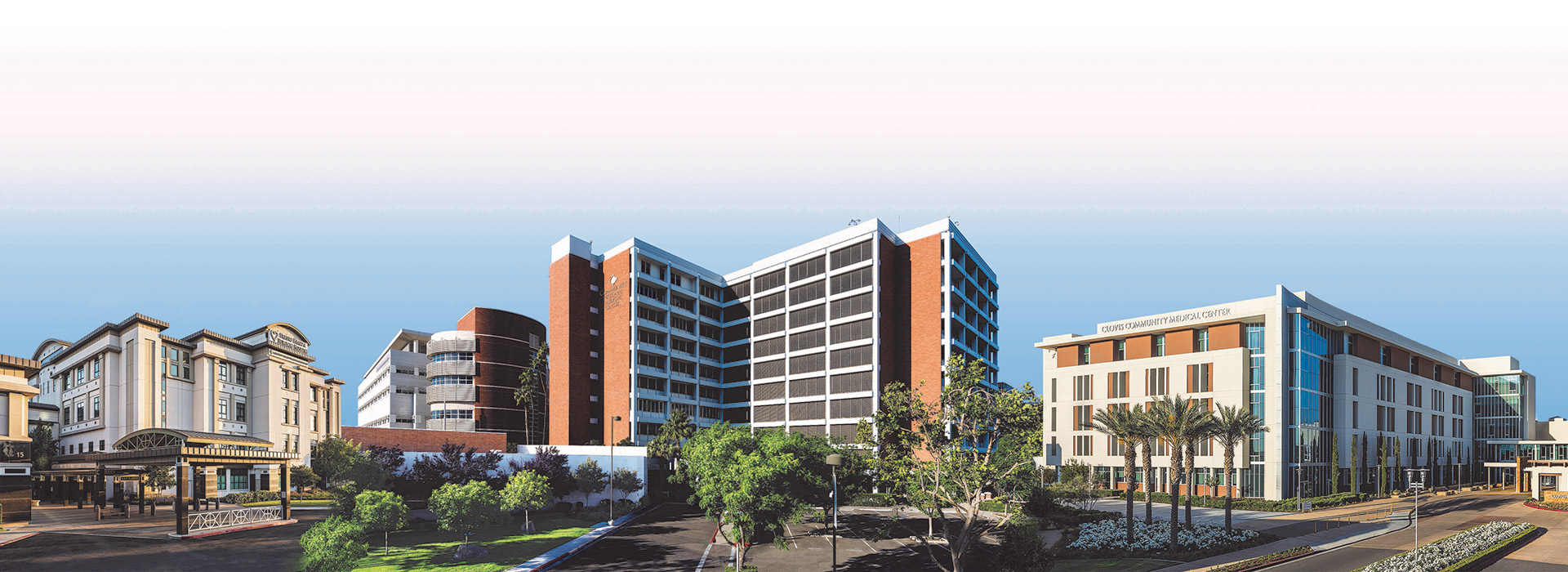Breast cancer is the most prevalent cancer among women, after skin cancer, accounting for about one-third of all new female cancer diagnoses each year according to the American Cancer Society. For those with a family history or genetic predisposition, the risk can be significantly higher.
That's why the Marjorie E. Radin Breast Care Center at Clovis Community Medical Center recently launched its High-Risk Breast Cancer Program, designed to assess and provide specialized care to individuals at a higher-than-average risk of breast cancer.
What is the High-Risk Breast Cancer Program?
 Community’s High-Risk Breast Cancer Program is the only one in the Central Valley actively screening patients on a regular basis to determine if they are high risk.
Community’s High-Risk Breast Cancer Program is the only one in the Central Valley actively screening patients on a regular basis to determine if they are high risk.
Dr. Vassi Gardikas, surgical director of the Radin Breast Care Center, says the goal is to offer patients who may have a greater than 20% chance of developing breast cancer during their lifetime a tailored prevention, screening and risk reduction care strategy. Possible risk factors could include, but are not limited to:
-
Genetic mutations: Known mutations in genes such as BRCA1 or BRCA2 significantly increase risk.
-
Family history: A family history of breast cancer, particularly at a young age, can be a crucial indicator.
-
Previous radiation exposure: Having received radiation treatment during childhood raises your risk.
-
Reproductive history: Factors such as the number of children you have and age at first childbirth can influence your risk.
-
Breast density: Women with dense breast tissue have a higher risk and may require different screening strategies.
-
Lifestyle factors: Weight, alcohol consumption and overall health can also play a role in breast cancer risk.
What does this mean for Valley patients?
When women come in for a mammogram appointment, each patient will be given the option to do a cancer-risk assessment. If the score is elevated, patients will then meet with a physician or nurse practitioner for a more in-depth conversation to determine the best plan of action: “...care providers like myself who can see patients and evaluate their risk to see if there's additional screening required, and hopefully guide them to some prevention tools,” said Dr. Gardikas.
Understanding your risk for breast cancer and getting screened regularly is key in prevention, but Dr. Gardikas says it's equally important to focus on your overall physical and mental health. Maintaining a balanced diet, exercising regularly and managing alcohol consumption can significantly reduce cancer risk.
“The first step is to have a discussion with your primary care provider and decide if you’re appropriate to be referred to a high-risk program,” said Dr. Gardikas.
“Having a program like this has always been a dream of mine and the other providers [at Marjorie E. Radin Breast Care Center], and we couldn’t be more excited to finally get it off the ground and support as many patients as possible.”







